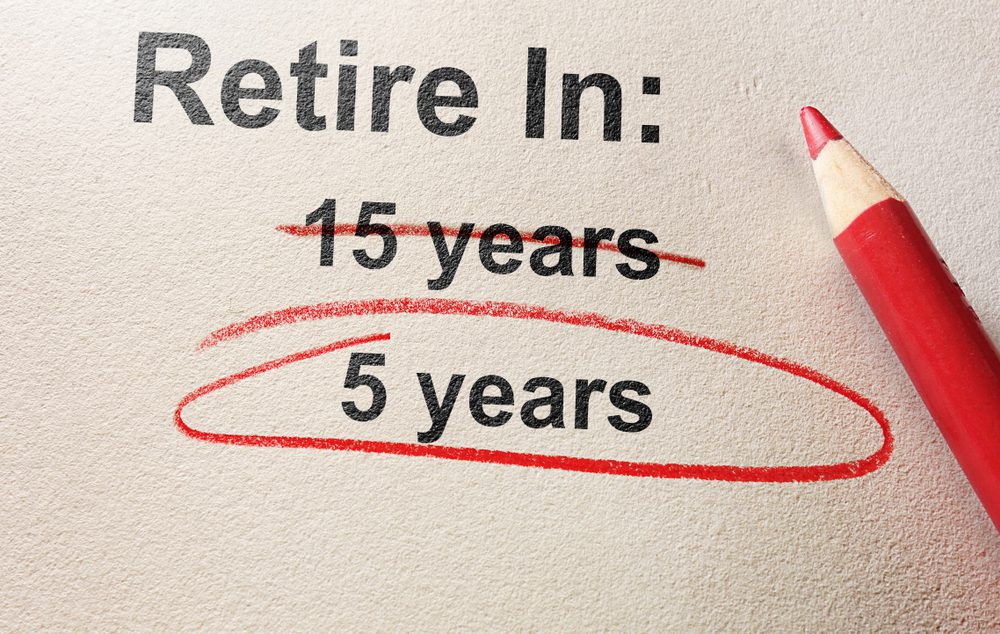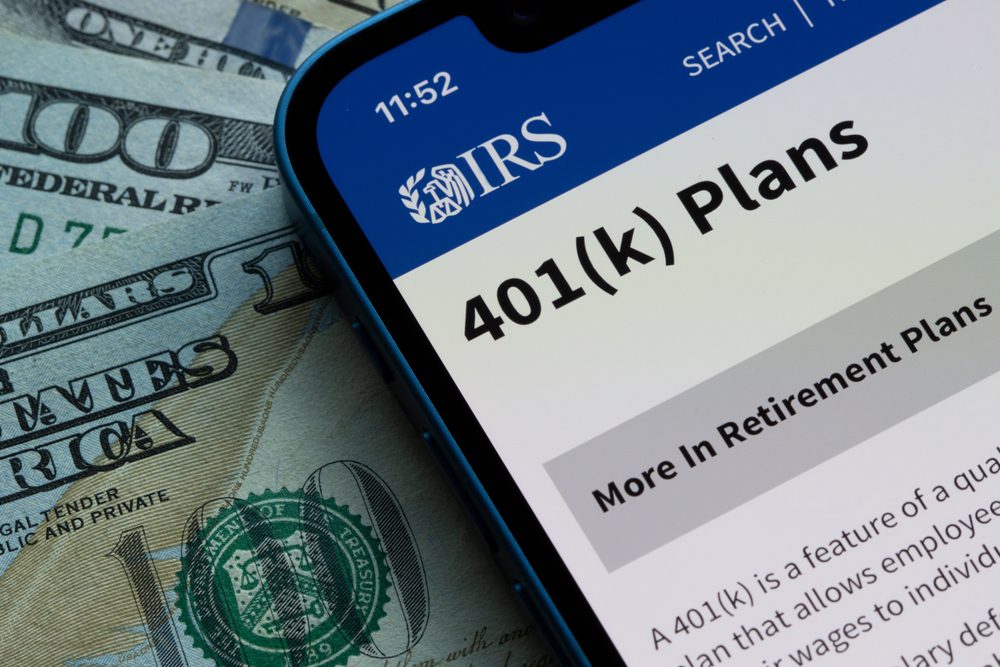
Frequently Asked Questions About Downsizing in Retirement
The decision to downsize brings up many questions. Here are answers to some of the most common ones that people have when considering selling their home after 60.
When is the best age for selling your home after 60?
There is no single “best” age. The right time depends on your health, finances, and personal circumstances. Many people find that the ideal window is in their mid-60s to early 70s. At this stage, you are often still active and healthy enough to handle the physical and emotional demands of moving. Waiting too long can make the process more difficult if health issues arise. The best approach is to start thinking and planning proactively, rather than waiting for a crisis to force a decision.
How does downsizing affect my Social Security or Medicare?
For most people, the profit from selling a primary home will not affect their Social Security or Medicare benefits. Social Security benefits are based on your lifetime earnings history, not your current assets. Similarly, Medicare eligibility is not based on your income or assets. However, if you invest the proceeds from your home sale and they generate significant taxable income (like interest or dividends), this new income could potentially increase your Medicare Part B premiums in future years. It’s a good question to ask a financial advisor.
What if I downsize and end up needing assisted living later?
This is a smart question and a common concern. Downsizing can actually be a very strategic step in planning for future care needs. By freeing up home equity, you create a liquid fund that can be used to pay for assisted living or in-home care if it becomes necessary. Moving to a smaller, more manageable home can also help you live independently for longer, potentially delaying the need for more intensive care. Some people choose to downsize into a Continuing Care Retirement Community (CCRC), which offers a continuum of care from independent living to assisted living and skilled nursing, all on one campus.
Can I give the profits from my home sale to my children without tax issues?
Yes, you can, but there are rules to follow. The IRS has an annual “gift tax exclusion,” which is the amount of money you can give to any one person in a year without having to file a gift tax return. For 2024, that amount is $18,000 per person. This means a married couple could give each of their children $36,000 ($18,000 from each parent) in a single year without tax implications. If you give more than this amount to one person, you will need to file a gift tax return. However, you likely won’t owe any tax unless you have exhausted your lifetime gift and estate tax exemption, which is a very high amount (over $13 million per person in 2024). This is another area where a quick consultation with a tax professional can provide great peace of mind.









